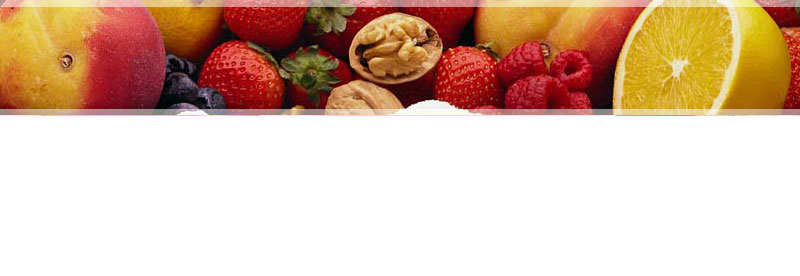| Dairy Food Group | ||||||||
| print the page | email the page |  |
|
|||||
- Foods included in the dairy food group
- How much of each dairy food is needed
- Why the dairy food group is good for you
- Portion size
- More information
Foods included in the dairy food group
The dairy food group includes milk and milk-based foods:
- Milk - fat free, low fat, reduced fat and full fat
- Cheese - soft cheese to hard cheeses
- Yoghurt - fat free, low fat, reduced fat and full fat
How much of each dairy food is needed
The amount of dairy foods required each day is dependent on the age and gender of the individual. Dairy foods contain high levels of calcium, vitamin D and potassium, as well as being a good source of protein.
The recommended daily intake for this food group is dependent on the age and lifestage of the individual.
** these portions are for inactive to moderately active people; for those that are more active, there is scope to have slightly higher portion sizes
| AGE | PORTION |
|
|---|---|---|
| CHILDREN | 2-3 years 4-8 years |
2 cups 2 cups |
| GIRLS | 9-13 years 14-18 years |
3 cups 3 cups |
| BOYS | 9-13 years 14-18 years |
3 cups 3 cups |
| WOMEN | 19-30 years 31-50 years 50+ years |
3 cups 3 cups 3 cups |
| MEN | 19-30 years 31-50 years 50+ years |
3 cups 3 cups 3 cups |
| PREGNANT & LACTATING WOMEN | 19-30 years 31-50 years 50+ years |
4+ cups 4+ cups 4+ cups |
Advertisement
Why the dairy food group is good for you
The dairy food group is healthy because of the following important reasons:
- helps to build and maintain bone mass
- assists in preventing osteoporosis
- good source of protein
- has many vital nutrients
Portion sizes for 1 cup (and equivalent) of dairy foods are shown below:
| 1 portion (1 cup) | |
|---|---|
| milk | 250ml (one cup) fresh, long life or reconstituted dried milk 125ml (1/2 cup) evaporated milk |
| yoghurt | 200g (one small carton) |
| cheese | 40g hard cheese 1/3 cup shredded cheese 1/2 cup ricotta 2 cups cottage cheese |
Advertisement
Low Fat Options
- Choose the dairy food with the lowest fat (skim, reduced or low fat) to limit the amount of (saturated) fat consumed with each dairy food portion.
Nutrients
- Portions of milk, cheese and yoghurt should be consumed in the amounts recommended to ensure good health and the intake of the correct level of nutrients required.
- Milk, cheese and yoghurt foods contain high levels of calcium and protein. They also contain adequate levels of: magnesium, potassium, sodium, zinc, vitamin B2 (riboflavin) and vitamin B12 (cobalamin).
- Milk, cheese and yoghurt foods also have energy, fat, carbohydrates and cholesterol. The amounts of each of these nutrients for various milk foods can be found in the nutritional values of foods under each type of food.
Amount of Dietary Fat Recommended
- Dietary fat should consist of no more than 30% of total daily calorie intake - which is about 50g-60g of fat for a sedentary person on 7500kJ (1800 calories) a day
Amount of Dietary Protein Recommended
- Dietary protein should consist of no more than 0.75g per kilogram body weight of total daily calorie intake - women who are pregnant should add another 6g of protein and lactating women should add 16-12g of protein per day
references
- MyPyramid.gov web site - this is the official food group pyramid devised by the USA Department of Agriculture
- Nutrition Australia - has produced food pyramids for both meat eaters and vegetarians
- Better Health - a guide to the food groups by the Victorian Government


